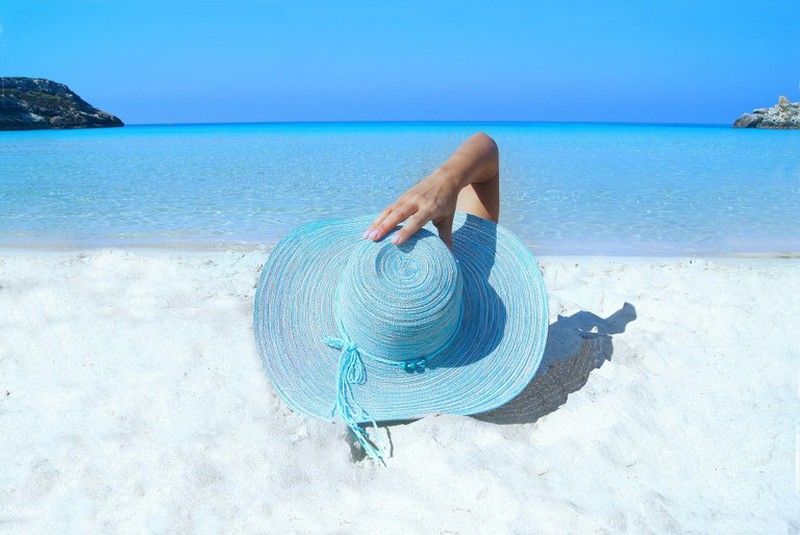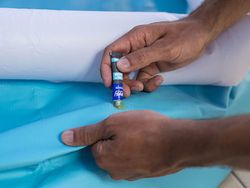8 tips for a safe summer bath
Summer arrives and, with the accompanying heat, the beaches and swimming pools become the quintessential leisure destinations. In this sense, one of the most pleasant activities of the summer is to take a refreshing dip on the beach or in the pool. However, bathing in summer in beaches and swimming pools also entails a series of risks that must be avoided at all times: drowning, digestion cuts, sunburns, etc. To avoid such risks and to be able to enjoy a safe bath in the summer, here are eight essential tips that you should keep in mind:

1. Pay special attention to safety signs . The notices posted on beaches and swimming pools are not there merely for decoration, but to warn users of the dangers associated with bathing and inform them of the precautions they must take for their safety. Therefore, read these instructions carefully and respect all the rules and instructions they contain.
2. Maximum caution when bathing . As much as one knows how to swim and handles freely in the water, it is essential to be prudent and never trust yourself. Unfortunately, more and more drowning victims occur each year, deaths that in many cases could have been avoided with a minimum of caution. That is why we advise always bathing in safe areas that, as such, are enabled and conveniently guarded by lifeguards, and in the case of children, that they never bathe alone and are at all times supervised by an adult person. Furthermore, if children cannot swim, they should always wear a life jacket, even when bathing on the shore, since, as the saying goes, prevention is better than cure.
3. Always use sunscreen . Prolonged exposure to the sun and dangerous ultraviolet rays can cause burns and significant damage to the skin if it is not properly protected through the corresponding sun protection creams. In this sense, always use a high protector, depending on your skin type, and put the cream on at least thirty minutes before starting sun exposure. Reapply the protector about every two hours and always after you have bathed. Otherwise, sun exposure must be gradual during the first days and, as far as possible, avoid direct exposure between 12 and 15 hours, which is when ultraviolet radiation is most powerful. Follow this tip carefully and you can enjoy the sun without suffering unpleasant burns or other complications.
4. Be careful with digestion . It is convenient that after having eaten, especially if the food was copious, wait at least a couple of hours before taking a bath, since you could suffer a cut of digestion. You should also avoid sudden changes in temperature, for which it is convenient that you enter the water in a progressive way, first wetting the never and the extremities before diving completely. And at the first sign of nausea, dizziness, or chills, get out of the water quickly.
5. Hydrate well . Bathing also involves exercise and, therefore, sweat, so that, no matter how much you are in the water, you should hydrate yourself conveniently by drinking liquids often.
6. Beware of sudden dives . Diving into the water from the head, from a high diving board or performing certain stunts carries much more danger than might be believed a priori, especially in places with an unknown background. Many spinal injuries occur precisely because of these risky practices, so avoid them if you want to enjoy a safe bath.
7. Watch out for cuts and slips . When walking barefoot you should pay close attention to where you step to prevent accidents, such as cuts or slips. You must, therefore, take extreme precautions, especially with regard to younger children, ensuring that they walk as long as possible with flip flops or other special footwear for this type of setting.
8. Stings . In bathing places, the presence of insects that cause irritating bites is very common. In case of suffering any particularly virulent that causes swelling, pain or excessive itching, the best brycus advice is to wash the affected area abundantly with soap and water, apply some ice with a towel and, in the most serious cases, spread some type of anti-inflammatory cream. And if, despite everything, the bite worsens, see a doctor as soon as possible.





Our customers trust us
Opinions of our clients
Receive our news